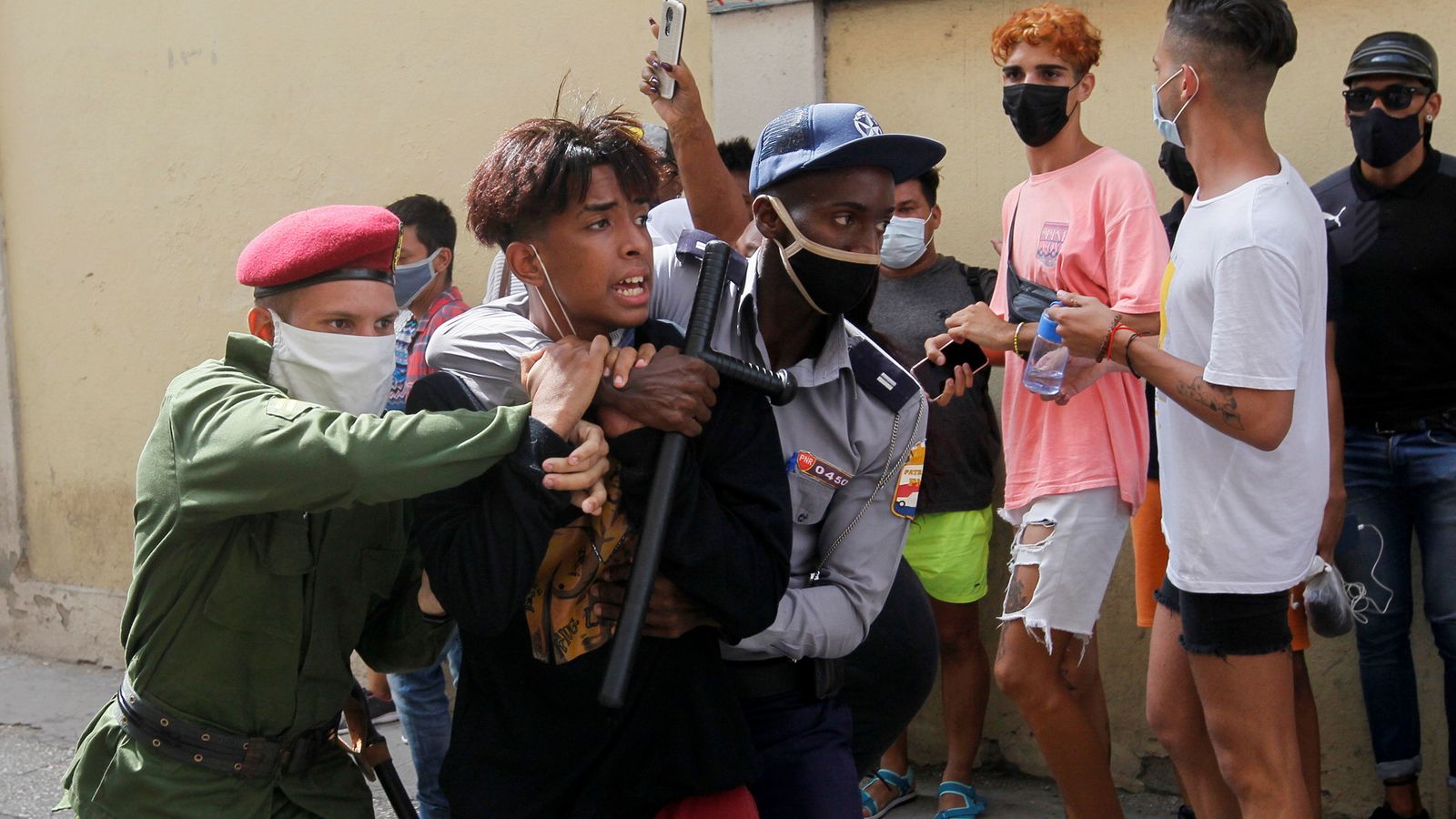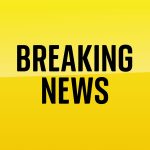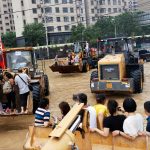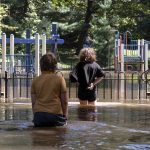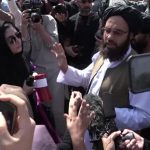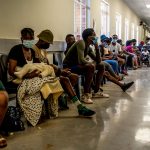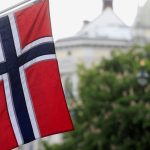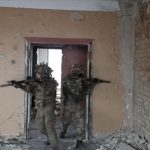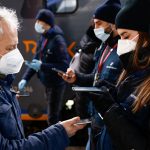The US has imposed new sanctions against a Cuban security minister and an interior ministry special forces unit over alleged human rights abuses during protests on the island.
President Biden said it was “just the beginning” in a statement that also condemned “mass detentions and sham trials”.
“The United States will continue to sanction individuals responsible for oppression of the Cuban people,” he said.
It comes after thousands of people took to the streets of Havana and other cities for anti-government demonstrations earlier this month to protest about food shortages and high prices, as well as the handling of the COVID pandemic.
Mr Biden has been facing calls from the Cuban expats and politicians to show more support for the most significant protests on the communist island in years.
Alvaro Lopez Miera, a military and political leader, and the Interior Ministry Special Brigade are the subject of the latest sanctions.
The US Treasury said Mr Lopez Miera had played an “integral role in the repression of ongoing protests” and that he led a unit “whose members have engaged in serious human rights abuse”.
It said Cuban security services had attacked demonstrators and arrested or disappeared over 100 people in an effort to quash the demonstrations.
Cuba‘s foreign minister, Bruno Rodriguez, tweeted that the claims were “baseless and slanderous” and suggested Mr Biden apply also sanctions for the “repression and police brutality” in the US.
I refute the unfounded & slanderous US gov. sanctions against Army Corp Gral Alvaro López Miera and the National Special Brigade.
It should rather apply unto itself the Magnitsky Global Act for systematic repression & police brutality that took the lives of 1021 persons in 2020.
The president has also asked officials to review remittance policy for Cuban families in America to try to ensure the money makes it straight into the hands of relatives without the regime skimming off the top.
Money sent to the island each year has previously been put at several billion dollars.
Mr Biden also said he was looking at ways to ensure Cubans still have internet access after the Havana government restricted services such as WhatsApp and Facebook.
“We are working with civil society organisations and the private sector to provide internet access to the Cuban people that circumvents the regime’s censorship efforts,” said his statement.
The new sanctions suggest a thawing of relations with Cuba’s rulers is unlikely for now as the region unexpectedly rises up the president’s “to-do” list.
Former president Donald Trump had taken a hard-line with the regime, a stark contrast to Barack Obama’s approach which in 2016 saw him become the first US president to visit the country for nearly a century.
